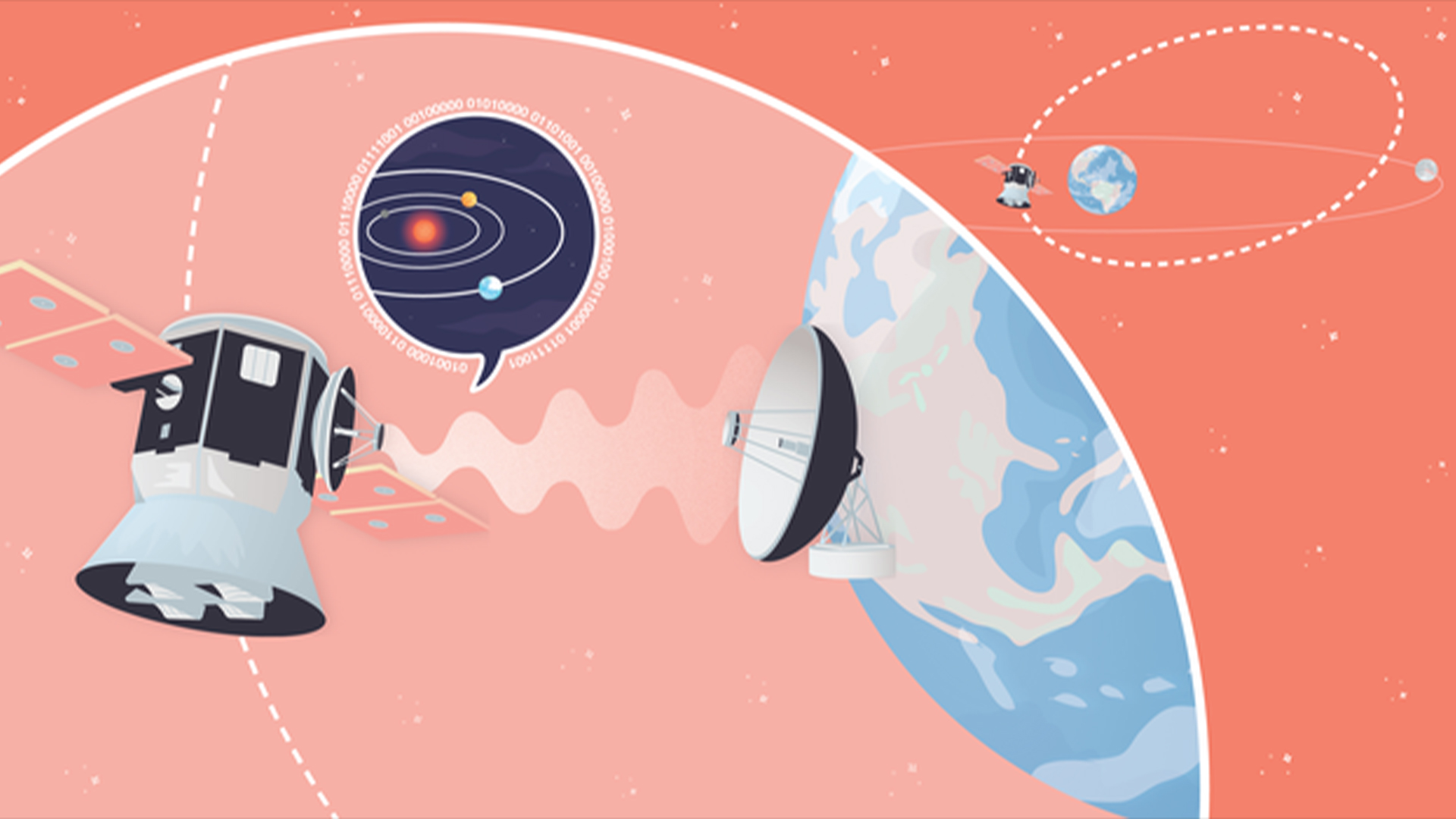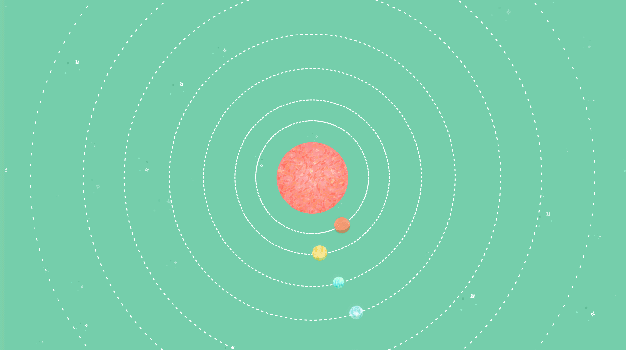Happy Pi Day 2024!
Have you ever wondered what it would be like to solve problems for NASA to help with the exploration of other planets in the solar system?
In celebration of Pi Day 2024, you can do just that and take the annual NASA Pi Day Challenge. This is a fun way to put on your scientist and engineer thinking cap and try your best at a series of questions all surrounding the mathematical constant, pi.
What is pi? If you recall from mathematics class back in grade school, it’s approximately 3.14159 and can be used to figure out the circumference of a circle of the volume of a square.
While there are many uses for it in different STEM jobs and fields, it’s also very important for engineers and scientists at NASA to help study not just our planet but others across the solar system and even other galaxies.
Related: Pi Day 2024: Why NASA uses only 16 of the 62 trillion digits of pi we know

An illustration of NASA’s TESS spacecraft, designed to survey the entire sky in search of exoplanets, or planets orbiting stars other than our sun. In its two-year primary mission, TESS identified more than 2,600 possible exoplanets and counting. (Image credit: NASA/JPL)
This challenge is a tradition that has been on-going for the last decade put on by NASA’s Jet Propulsion Laboratory’s Education Office and features numerous math problems you have to solve using pi.
Some of the questions you can answer this year pertain to missions including the Deep Space Optical Communications technology on NASA’s Psyche spacecraft, the Double Asteroid Redirection Test (DART) spacecraft, Earth-orbiting satellites, rovers on the Moon, and even the Hubble Space Telescope and James Webb Space Telescope.
So, let’s get solving! You can find each of the problems with an accompanying worksheet you can do all your work online and the answers will be posted by NASA so you can check your work!
There are nearly four dozen different questions you can figure out, so try a few or do them all to “cook up” a unique way to get space-y and celebrate Pi Day 2024!
Originally posted on Space.com.


